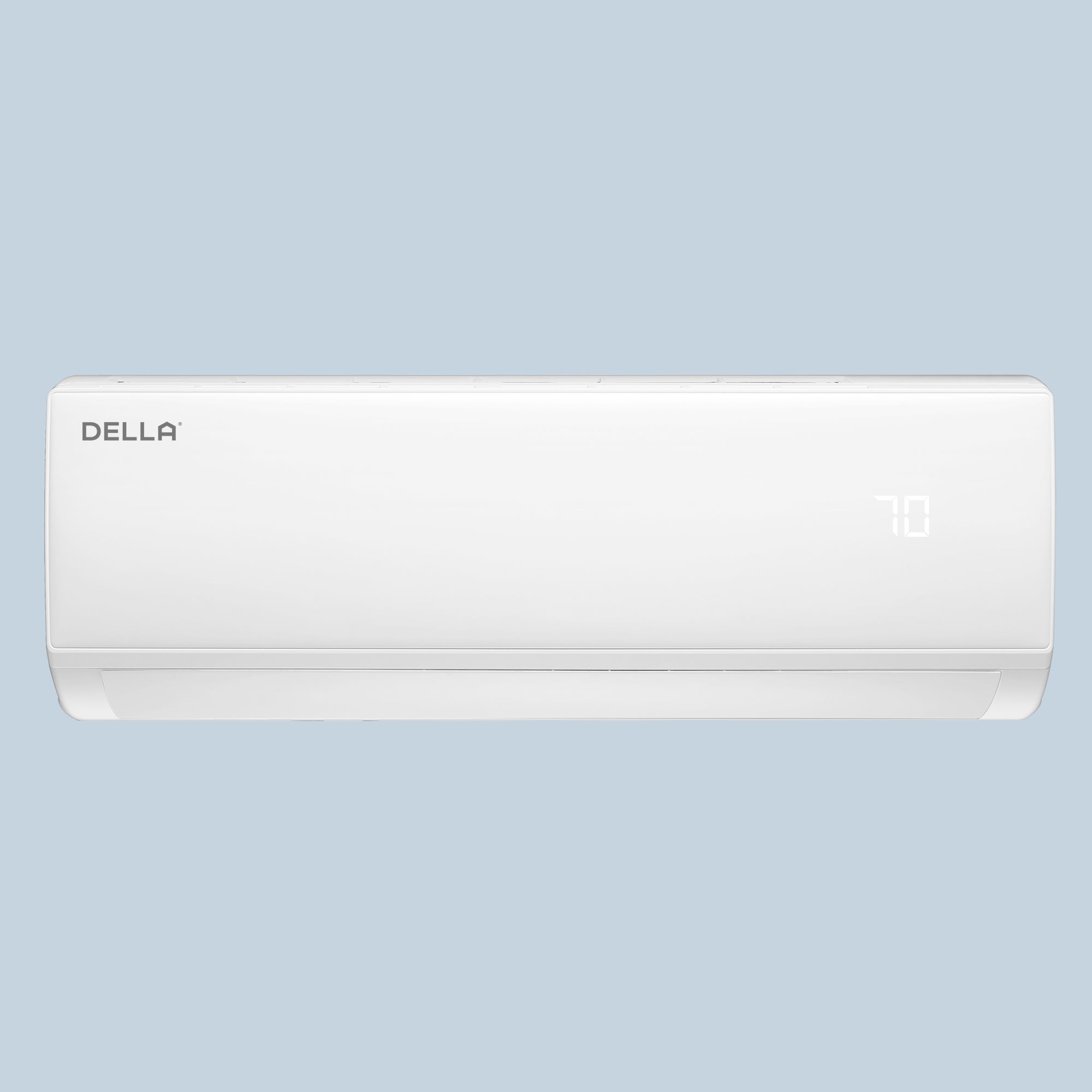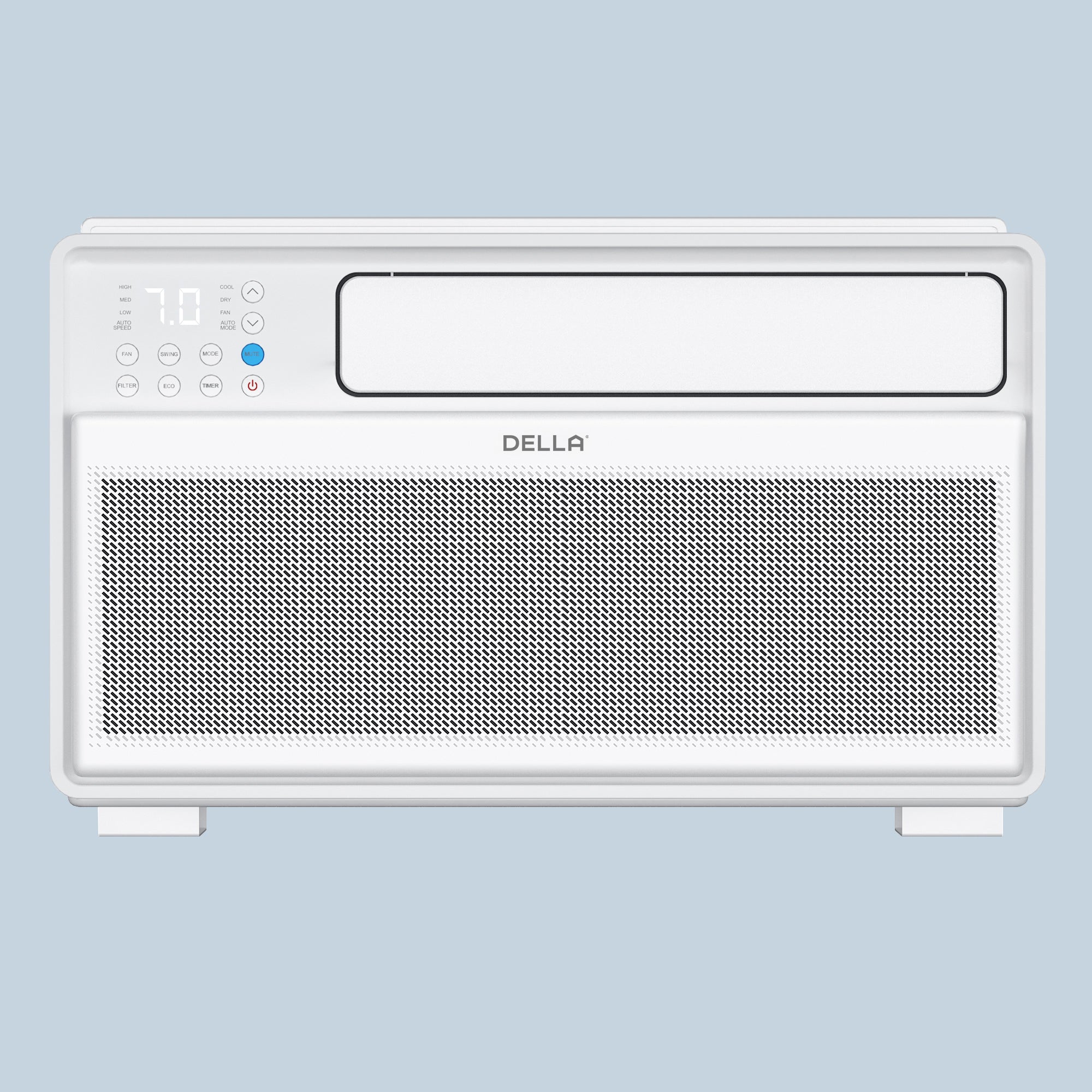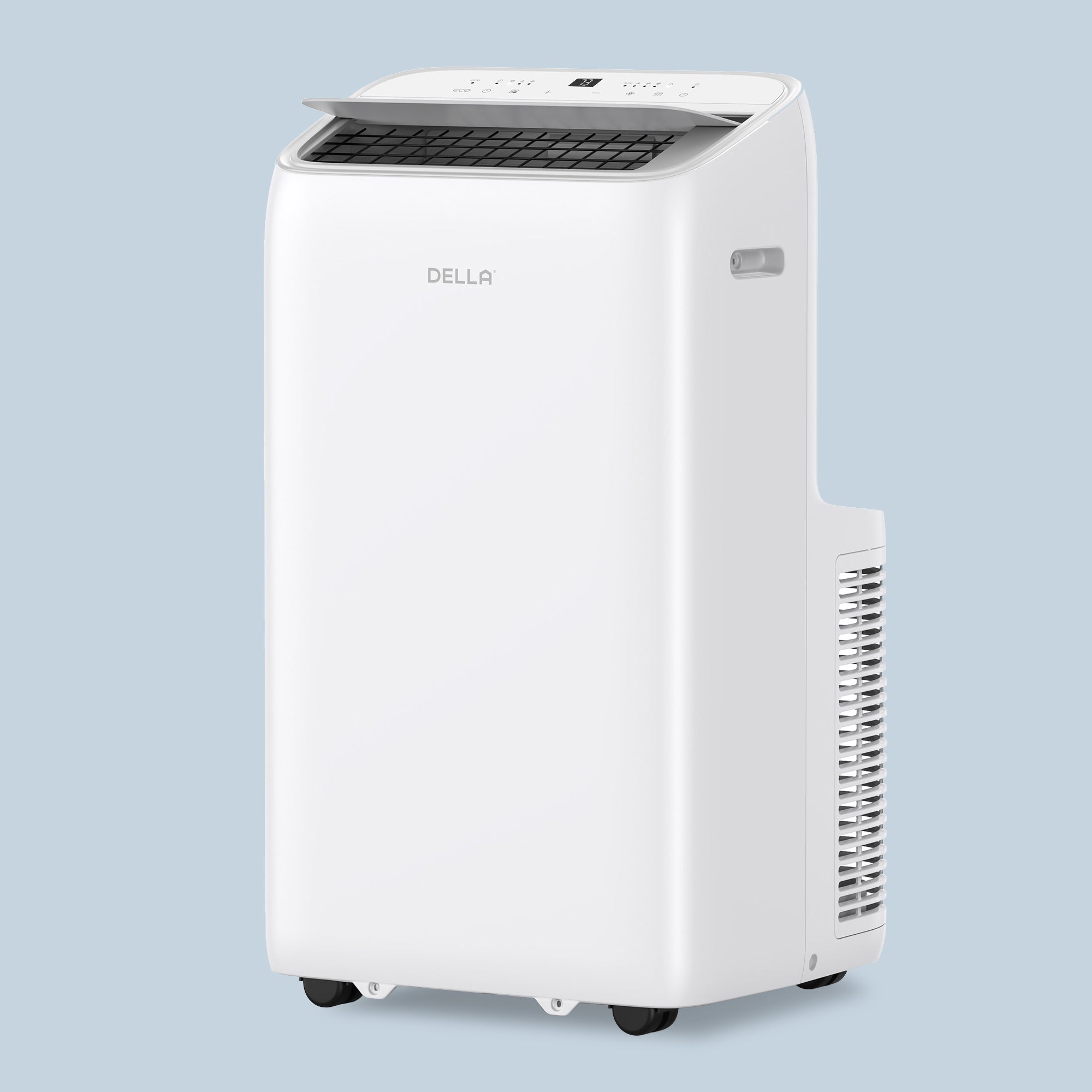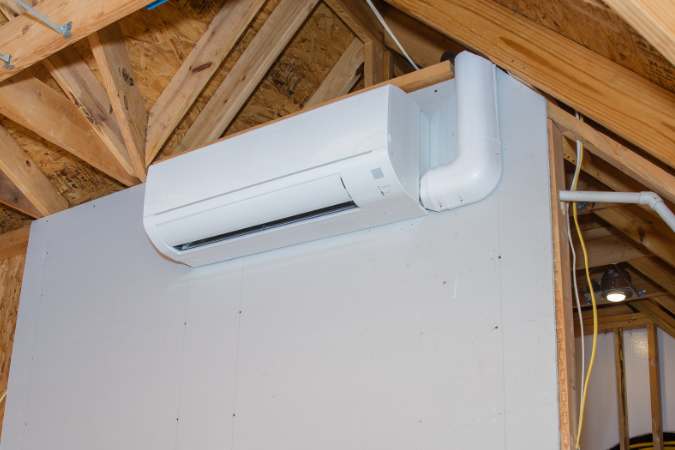Installing a mini split air conditioner in your garage can enhance comfort and usability. Understanding the associated costs is essential before you proceed. In this guide, you’ll discover the factors influencing the cost of installation, sizing considerations, and how it can add value to your home.
How Much Does It Cost to Install a Mini Split in the Garage?
When considering a mini split ac installation, it’s essential to break down the costs into four main components: mini split costs, installation, permits, and labor.
Mini Splits Costs: The average price range of $1,000 to $2,500 is for single-zone mini split units, which are adequate for most garages. Multi-zone systems typically cost between $2,500 and $5,000 or more.
Installation Costs: Professional installation usually falls between $1,000 and $2,000, influenced by the complexity of the job and your location.
Permits: Local regulations in Florida may require permits, which can add around $100 to $300 to your total expenses.
Labor Costs: Expect labor rates to range from $50 to $150 per hour.
Overall, the total cost for installing a mini split in your garage could be approximately $2,200 to $5,000. Being aware of these factors will help you prepare for this investment.
For a typical Florida garage measuring 400 square feet, the installation cost of a 18000 BTU mini split unit could look like this: a 12,000 BTU mini split priced at $1,500, professional installation at $1,200, permits costing $150, and labor at $600 for an 8-hour job. This brings the total to approximately $3,450, giving you a clear picture of what to expect for your investment.
Is It Worth Adding Mini Splits in the Garage?
Installing a mini split in your garage offers several benefits. First, it provides climate control, making the space comfortable for various activities, whether you’re working on projects or storing temperature-sensitive items.
Energy efficiency is another key advantage. Mini splits use less energy than traditional HVAC systems, helping you save on utility bills.
Additionally, having a well-regulated garage can increase your property value, appealing to potential buyers who appreciate a versatile space. Overall, the investment in a mini split unit can enhance both the functionality and value of your home.
Benefits of Adding Mini Splits in the Garage
The sun is beating down relentlessly on your garage. With a mini split installed, you step inside to a cool, comfortable environment, perfect for tackling your weekend projects. Here are some key benefits of having a mini split in your garage:
Comfortable Environment: Enjoy a cool or warm space year-round, ideal for working on projects or relaxing.
Climate Control: Protect tools and equipment from extreme temperatures, extending their lifespan.
Versatility: Use the garage for various purposes—workshop, gym, or hobby area—without discomfort.
Energy Efficiency: Save on utility bills with a system that uses less energy than traditional HVAC.
Increased Property Value: A well-regulated garage is an attractive feature for potential buyers, enhancing your home’s value.
Quick Installation: Mini splits are generally easier and faster to install, minimizing disruption to your daily life.
Low Maintenance: Enjoy less upkeep compared to conventional HVAC systems, making it hassle-free.
What Size Mini Split Do I Need in the Garage?
Choosing the right size mini split for your garage is crucial for optimal performance. Here are some key considerations:
BTU Ratings: BTUs (British Thermal Units) measure the cooling capacity. For a standard garage of about 400 square feet, a mini split with around 12,000 BTUs is typically sufficient.
Calculating Square Footage: To estimate the required BTUs, multiply your garage's square footage by 25. For example, a 400 sq ft garage would need about 10,000 BTUs (400 x 25).
Insulation and Sun Exposure: If your garage has poor insulation or receives a lot of sunlight, increase the BTU requirement by 10-20% to maintain comfort. For instance, if you determine you need 10,000 BTUs, you might increase that to 11,000-12,000 BTUs mini split AC under these conditions.
Recommendations: For common garage sizes, here are some general BTU guidelines:
-
200-400 sq ft: 9,000 - 12,000 BTUs
-
400-600 sq ft: 12,000 - 18,000 BTUs
-
600-800 sq ft: 18,000 - 24,000 BTUs

Cool Down Your Garage with Mini Splits Now
Installing a mini split in your garage enhances comfort and versatility, allowing you to enjoy the space year-round while increasing your home’s value. If you're looking for mini splits great deals, check out the latest air conditioner sale to find the perfect fit for your garage. You might also consider a 2 ton ductless mini split air conditioner for larger spaces, providing efficient heating and cooling.
FAQs
Why Do Mini-Split Systems Cost So Much to Install?
Mini-split systems involve specialized equipment and installation expertise. Costs typically range from $2,200 to $5,000, which includes the unit itself (averaging $1,000 to $2,500), labor for installation ($1,000 to $2,000), and permits ($100 to $300). The installation process requires skilled technicians who can ensure proper setup, especially for electrical and refrigerant connections, contributing to the overall price.
Is It Cheaper to Install a Mini Split or Central Air in the Garage?
Generally, installing a mini split is more cost-effective than central air, especially for smaller spaces like garages. Mini splits typically cost between $2,200 and $5,000, while central air installations can range from $3,500 to $7,500 or more. Mini splits require less ductwork and are easier to install, leading to lower overall costs. Central air systems often involve extensive duct installation and modifications, which can significantly increase labor costs and time, making mini splits a more practical choice for garage environments.
What Are the Best Brands of Mini Splits for Garages?
Some of the top brands for mini splits include Della, Mitsubishi, Daikin, LG, Fujitsu. These brands are known for their reliability, energy efficiency, and range of options suitable for various garage sizes, ensuring you can find the right fit for your needs.
Can a Mini Split Air Conditioner Heat a Garage in Winter?
Yes, many mini split systems are designed to provide both heating and cooling. In winter, they can efficiently heat your garage by extracting heat from the outside air, even in colder temperatures. This dual functionality makes mini splits an excellent choice for year-round climate control in your garage.
Read More:








LEAVE A COMMENT
All comments are moderated before being published.
This site is protected by hCaptcha and the hCaptcha Privacy Policy and Terms of Service apply.